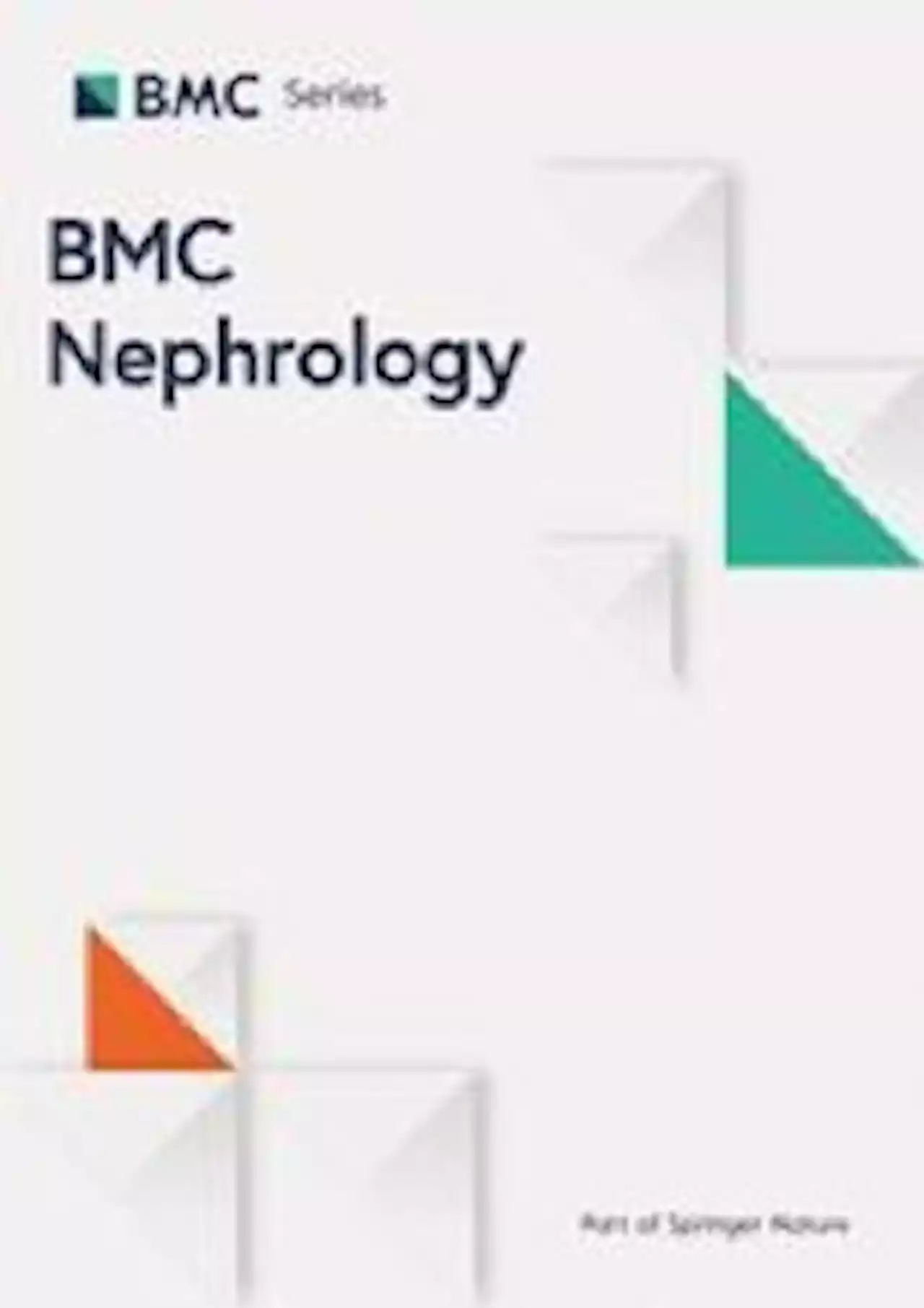Potentially toxic blue-green algae has been found at Portstewart and Castlerock beaches.
BBC NI agriculture and environment correspondent
Two of Northern Ireland's most popular beaches have been "red-flagged by the RNLI" as unsafe for bathing. In a post on social media, the National Trust said potentially toxic blue-green algae had been found at Portstewart and Castlerock beaches. Department of Agriculture, Environment and Rural Affairs sampling on Wednesday "confirmed" algae at Castlerock and "suspected blue-green algae" at Portstewart strand.But the RNLI red-flag status means bathing is not permitted and people should not enter the water under any circumstances.
Blue-green algal blooms have been detected at a number of sites across Northern Ireland during the recent good weather.
United States Latest News, United States Headlines
Similar News:You can also read news stories similar to this one that we have collected from other news sources.
 Bathing warning over algae at some north coast beachesOne of Northern Ireland’s most popular beaches has been red-flagged by the RNLI as unsafe for bathing.
Bathing warning over algae at some north coast beachesOne of Northern Ireland’s most popular beaches has been red-flagged by the RNLI as unsafe for bathing.
Read more »
 AI-controlled nuclear weapons to be debated by UNThe potential threat of nations linking artificial intelligence to nuclear weapons, leaving computers to decide when to launch an attack, will be discussed by the United Nations Security Council later this month ⬇️ What you need to know
AI-controlled nuclear weapons to be debated by UNThe potential threat of nations linking artificial intelligence to nuclear weapons, leaving computers to decide when to launch an attack, will be discussed by the United Nations Security Council later this month ⬇️ What you need to know
Read more »
 TV channel suspended amid staff layoffs as live broadcasts & website shut downA TV channel has been suspended amid potentially huge staff layoffs – as live broadcasts and the website are shut down. Ideal World TV is based in Peterborough and employs 250 people. In a po…
TV channel suspended amid staff layoffs as live broadcasts & website shut downA TV channel has been suspended amid potentially huge staff layoffs – as live broadcasts and the website are shut down. Ideal World TV is based in Peterborough and employs 250 people. In a po…
Read more »
 Politics latest: Ex-Tory MP could face Commons suspension; Starmer to set out Labour's fifth mission for a better BritainThe report into groping allegations against ex-Tory MP Chris Pincher is set to be published today, with a heavy sanction potentially incoming. Meanwhile, Sir Keir Starmer will set out his fifth and final mission for a better Britain in a major speech.
Politics latest: Ex-Tory MP could face Commons suspension; Starmer to set out Labour's fifth mission for a better BritainThe report into groping allegations against ex-Tory MP Chris Pincher is set to be published today, with a heavy sanction potentially incoming. Meanwhile, Sir Keir Starmer will set out his fifth and final mission for a better Britain in a major speech.
Read more »
 Inside Scottish beach mansion for sale just stone's throw away from yellow sandsA charming six-bedroom property right on a stunning Scottish beach has recently gone on the market, offering stunning views of Elie Beach and the Firth of Forth.
Inside Scottish beach mansion for sale just stone's throw away from yellow sandsA charming six-bedroom property right on a stunning Scottish beach has recently gone on the market, offering stunning views of Elie Beach and the Firth of Forth.
Read more »
 Childhood modifiable risk factors and later life chronic kidney disease: a systematic review - BMC NephrologyBackground Relationships between adulthood modifiable risk factors and chronic kidney disease (CKD) are well-established, but associations with childhood risk factors are unclear. This study systematically assesses the published evidence about childhood modifiable risk factors and adulthood CKD. Methods We searched MEDLINE, EMBASE, and Web of Science to 6th May 2022. Articles were included if (1) they were population-based longitudinal studies, (2) exposures were potentially modifiable, for example through pharmacological or lifestyle modifications, including clinical conditions/measures (diabetes, blood pressure, adiposity, and dyslipidaemia); health behaviours (smoking, alcohol consumption, physical activity, fitness, and poor nutrition); and socio-economic factors (socio-economic position), and occurred during childhood (ages 2–19 years), and (3) outcome was CKD or surrogate markers of CKD in adulthood (ages 20 years or older). Three reviewers independently extracted the data. Results 15,232 articles were identified after deduplication; 17 articles met the inclusion criteria, reporting childhood blood pressure (n = 8), adiposity (n = 4), type 2 diabetes (n = 1), socio-economic position (n = 1), famine (n = 1), cardiorespiratory fitness (n = 1), and a healthy lifestyle score (n = 1). The results suggested positive associations of childhood adiposity, type 2 diabetes, and low socio-economic position and cardiorespiratory fitness in females with CKD in adulthood. Findings were inconsistent on associations between childhood BP and CKD in adulthood. Childhood healthy lifestyle score and exposure to famine were not associated with risk of CKD in adulthood. Conclusions The limited evidence suggests childhood factors may contribute to the CKD risk in adulthood, particularly adiposity, type 2 diabetes, and low socio-economic position and cardiorespiratory fitness in females. Further high-quality community-based studies are needed with long-term follow-up and investigation
Childhood modifiable risk factors and later life chronic kidney disease: a systematic review - BMC NephrologyBackground Relationships between adulthood modifiable risk factors and chronic kidney disease (CKD) are well-established, but associations with childhood risk factors are unclear. This study systematically assesses the published evidence about childhood modifiable risk factors and adulthood CKD. Methods We searched MEDLINE, EMBASE, and Web of Science to 6th May 2022. Articles were included if (1) they were population-based longitudinal studies, (2) exposures were potentially modifiable, for example through pharmacological or lifestyle modifications, including clinical conditions/measures (diabetes, blood pressure, adiposity, and dyslipidaemia); health behaviours (smoking, alcohol consumption, physical activity, fitness, and poor nutrition); and socio-economic factors (socio-economic position), and occurred during childhood (ages 2–19 years), and (3) outcome was CKD or surrogate markers of CKD in adulthood (ages 20 years or older). Three reviewers independently extracted the data. Results 15,232 articles were identified after deduplication; 17 articles met the inclusion criteria, reporting childhood blood pressure (n = 8), adiposity (n = 4), type 2 diabetes (n = 1), socio-economic position (n = 1), famine (n = 1), cardiorespiratory fitness (n = 1), and a healthy lifestyle score (n = 1). The results suggested positive associations of childhood adiposity, type 2 diabetes, and low socio-economic position and cardiorespiratory fitness in females with CKD in adulthood. Findings were inconsistent on associations between childhood BP and CKD in adulthood. Childhood healthy lifestyle score and exposure to famine were not associated with risk of CKD in adulthood. Conclusions The limited evidence suggests childhood factors may contribute to the CKD risk in adulthood, particularly adiposity, type 2 diabetes, and low socio-economic position and cardiorespiratory fitness in females. Further high-quality community-based studies are needed with long-term follow-up and investigation
Read more »
